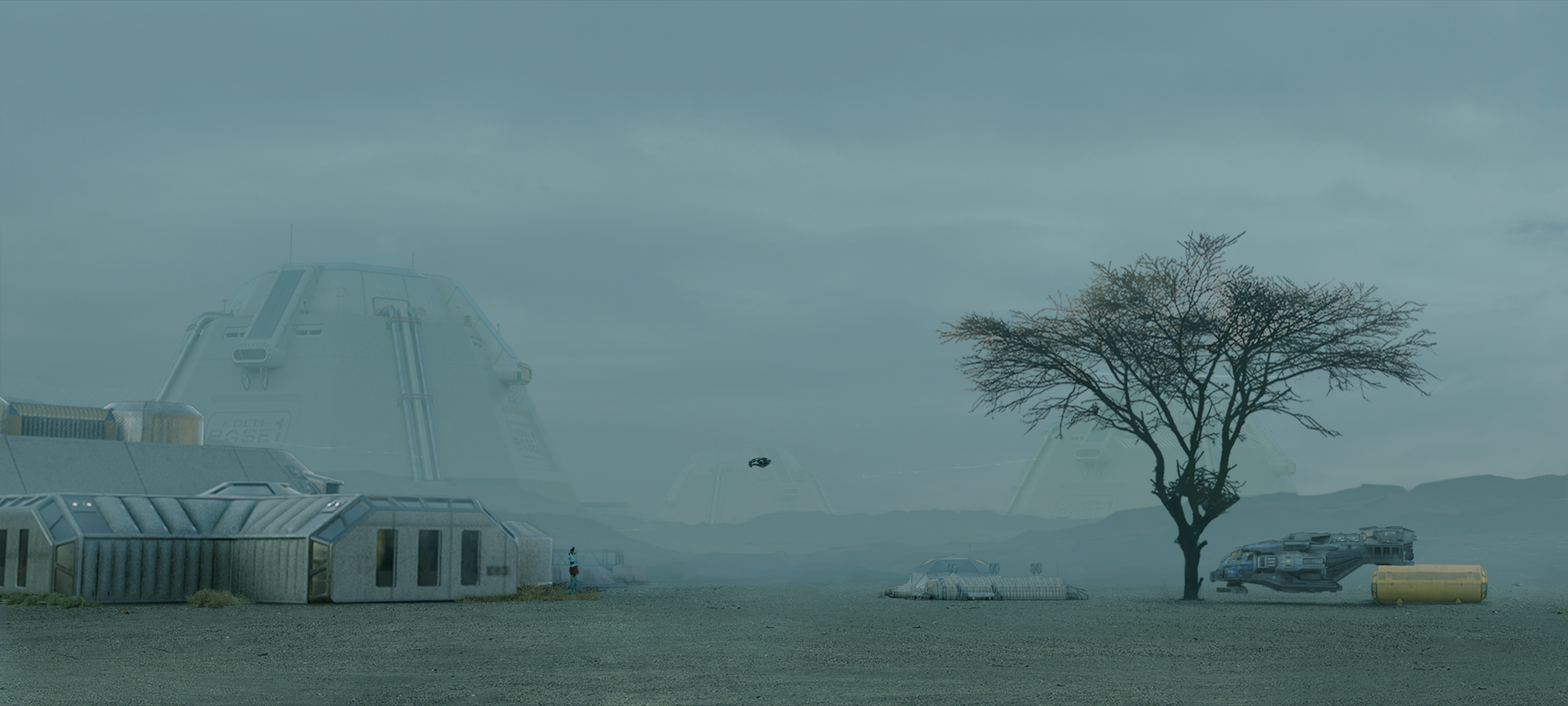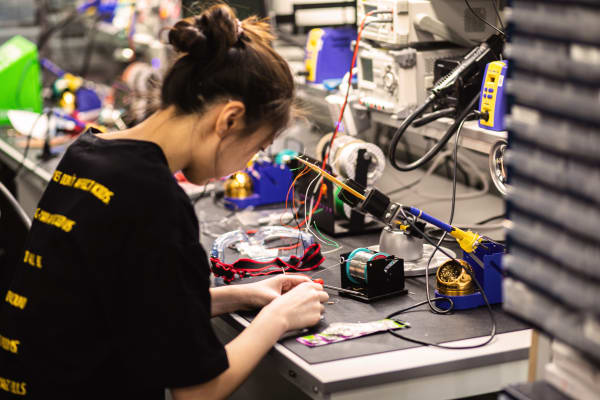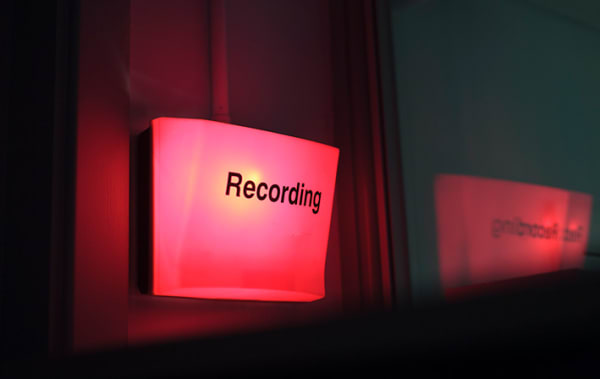Course units
In response to the Climate Emergency, UAL has embedded responsible practices within the curriculum. We shaped our courses around principles of social and racial justice, and environmental sustainability that ensure learning outcomes reflect the urgent need to equip you with the understanding, skills, and values for ethical practice and empower you to work towards an equitable future.
In line with all courses at University of the Arts London, this course is credit rated. The course is 3 years, levels 4-6. Each year requires you to achieve 120 credit points. To be awarded the BA (Hons) Computer Animation and Visual Effects qualification, you need to accumulate a total of 360 credits.
Year 1
Introduction to Computer Animation and Visual Effects (20 credits)
This unit will introduce you to your course, subject and effective learning approaches for undergraduate study. You’ll be introduced to practices needed to understand 2D and 3D media, explore essential concepts that will support your future studies and provide a solid foundation in Computer Animation and Visual Effects.
Digital Artistry (40 credits)
In this unit, you will develop traditional art techniques such as painting and sculpting in digital form. You’ll study shape, form, proportion, light and composition through projects and workshops, and consider themes around sustainability, climate justice and global equality.
Principles of 3D and Visual Effects (40 credits)
In this unit, you will develop your understanding of 3D and Visual Effects. You’ll be introduced to the terminology, technology and craft skills that underpin these subject areas, deepening your understanding of concept development and visual storytelling. You’ll contribute to enquiry, discussion and conversation, developing your viewpoint and creative voice around subjects such as equality, inclusivity and representation in visual media.
Informed Practice 1: Practical Theory (20 credits)
This unit will introduce you to some of the theory behind real world principles such as colour, light and perception. You’ll consider how analogue attributes translate into digital form and be introduced to fundamentals in digital architecture to give you a solid grounding in managing and understanding data.
At the beginning of Year 2, you'll have the opportunity to start exploring areas you'd like to specialise in through your project work. This will serve as a foundation that you'll build upon for the rest of the course.
Year 2
Visual Narrative (40 credits)
Building on Year 1, you’ll advance your skills in your chosen project and learn essential production techniques. You’ll consider and explore storytelling and film language while significantly enhancing your technical and software skills.
Informed Practice 2: Critical Enquiry (20 credits)
This unit will introduce you to the histories, theories and debates in relation to visual and material culture. You’ll reflect on, analyse and contextualise your own creative practice by exploring themes of equality, diversity, inclusivity and sustainability through theoretical investigation.
This unit will also prepare you for your extended piece of academic writing in Informed Practice 3.
Exploratory Practice (40 credits)
With a focus on collaboration and conceptual thinking, you will continue to advance your skills and develop your portfolio, learning necessary production workflows and specialised techniques. Throughout the unit, you’ll consider theoretical and abstract approaches to creative work while adopting an inclusive and respectful approach in your collaborative practice.
Professional Practice (20 credits)
This unit will help you to consider your future career goals and the steps you need to take to achieve them. You’ll be introduced to essential tools for professional presentation and showreel creation through tutorials and workshops.
Year 3
Final Major Project (60 credits)
You’ll produce a specialised piece of work that supports your future aspirations. You’ll consider your creative route, receive expert guidance towards completion of your chosen subject, and have the opportunity to work collaboratively with other disciplines.
Informed Practice 3: Research Project (20 credits)
You’ll submit an academically rigorous piece of work that brings together critical enquiry, reflection, analysis and original, detailed research. You’ll apply a range of different research methods and methodological approaches while contextualising your work from historical, socio-political and theoretical perspectives, informed by your approach to your own creative practice.
Professional Futures (40 credits)
You’ll consider your future goals and aspirations with a focus on refining your professional, industry-facing portfolio of work to help propel your career forward. Shaping your knowledge of professional standards, you’ll also enhance your critical thinking and problem-solving abilities, and consider sustainability and inclusivity in relation to the workplace and postproduction industries.
Optional Diploma between Years 2 and 3
Between Years 2 and 3 of the course, you’ll also have the opportunity to undertake one of the following additional UAL qualifications:
Diploma in Professional Studies (DPS) (Optional)
This optional diploma can be taken between years 2 and 3. With support from your tutors, you’ll undertake a series of industry placements for a minimum of 100 days/20 weeks. As well as developing industry skills, you’ll gain an additional qualification upon successful completion.
Diploma in Creative Computing (Optional)
Between Years 2 and 3, you can undertake the year-long Diploma in Creative Computing. This will develop your skills in creative computing alongside your degree. After successfully completing the diploma and your undergraduate degree, you’ll graduate with an enhanced degree: BA (Hons) Computer Animation and Visual Effects (with Creative Computing).






